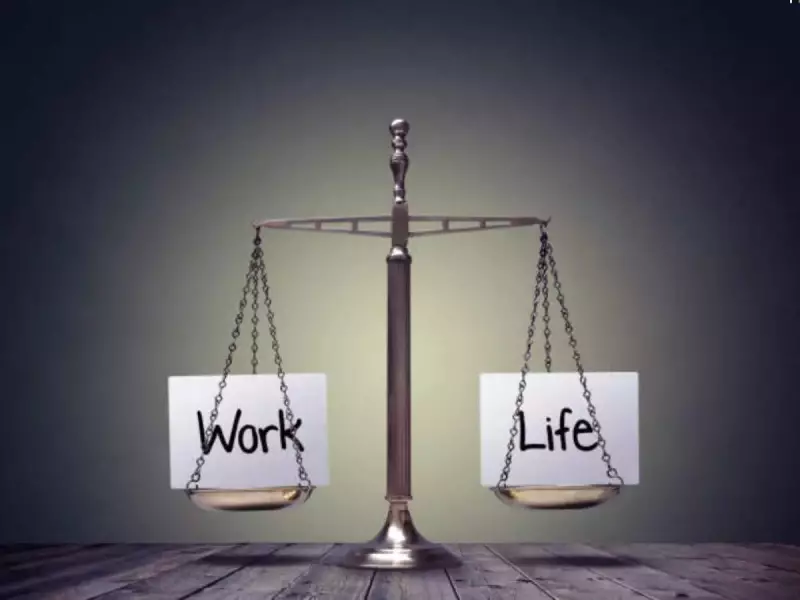
In our fast-paced, achievement-oriented society, the concept of play often gets relegated to childhood memories. Yet emerging research suggests that embracing escapism and recreational activities might be the secret weapon adults need for better mental health and enhanced creativity.
The Science Behind Play
Neuroscientific studies reveal that engaging in playful activities triggers the release of endorphins and dopamine—the brain's natural feel-good chemicals. This biochemical response not only reduces stress but also enhances cognitive flexibility, allowing us to approach problems from fresh perspectives.
Why Modern Adults Need Escapism
Contemporary life, with its constant connectivity and performance pressures, has created what psychologists term "attention fatigue." Playful escapism provides the mental reset our brains desperately need. Whether it's through gaming, creative hobbies, or simple daydreaming, these activities offer crucial mental breaks that can actually improve productivity when we return to work.
Practical Ways to Incorporate More Play
- Schedule play breaks just as you would important meetings
- Explore creative hobbies like painting, writing, or music
- Rediscover childhood games that once brought you joy
- Embrace daydreaming as a legitimate mental exercise
- Try new forms of play without worrying about mastery
The Productivity Paradox
Contrary to popular belief, time spent in playful activities doesn't detract from productivity—it enhances it. Studies show that employees who regularly engage in recreational activities demonstrate higher problem-solving abilities and report greater job satisfaction.
Breaking the Stigma
Many adults hesitate to embrace play due to societal expectations of constant productivity. However, recognizing play as essential self-care rather than self-indulgence is crucial for mental well-being in our high-pressure world.
The art of escapism isn't about avoiding reality—it's about creating mental space that allows us to return to our responsibilities refreshed, recharged, and more effective. In an era of burnout and constant connectivity, perhaps what we all need is permission to play more.





